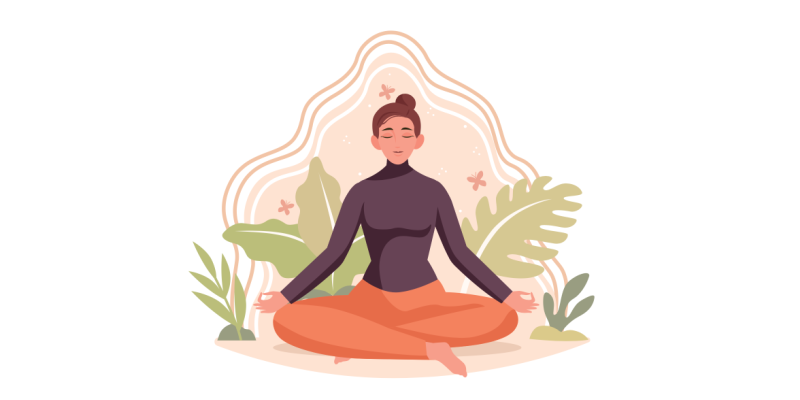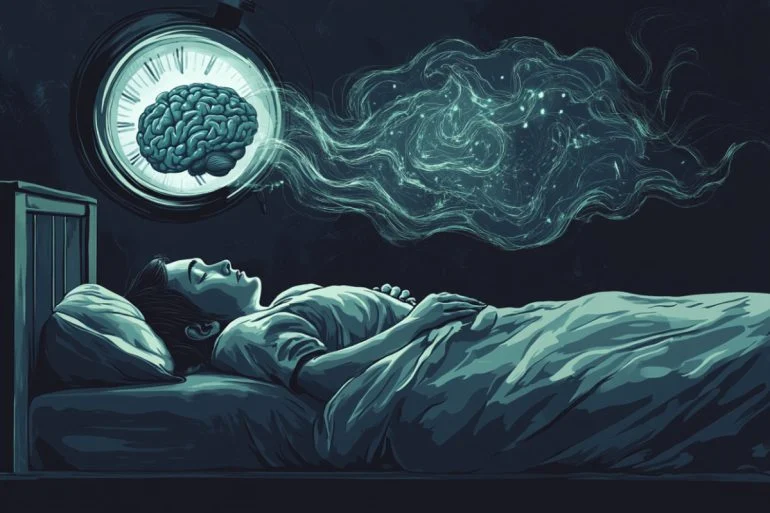Meditation as a Natural Support for Mental Health
Meditation as a Natural Support for Mental Health
Meditation has become an increasingly respected and researched tool in the treatment of anxiety and depression. While not a replacement for medical or psychological care, it offers a powerful form of mental training that supports emotional healing and inner balance. Through regular practice, meditation cultivates awareness, calm, and resilience—qualities that directly counteract the distressing symptoms of both anxiety and depression.
Calming the Stress Response
When the mind is anxious or depressed, the body often remains in a state of heightened alertness—commonly known as the fight-or-flight response. This is triggered by the sympathetic nervous system and can result in rapid breathing, muscle tension, and racing thoughts. Meditation helps activate the parasympathetic nervous system, which brings the body into a relaxed state. This shift reduces levels of stress hormones like cortisol and adrenaline, calming both the mind and body.
Developing Present-Moment Awareness
A key feature of both anxiety and depression is mental time travel: anxiety often involves worrying about the future, while depression involves dwelling on the past. Meditation, especially mindfulness meditation, trains the mind to stay rooted in the present moment. This helps reduce overthinking, rumination, and catastrophic thinking—common patterns that fuel emotional suffering. Simply noticing the breath or bodily sensations helps create a sense of grounding and clarity in the now.
Improving Emotional Regulation
Scientific studies have shown that meditation enhances brain regions involved in emotional regulation, such as the prefrontal cortex, while reducing activity in the amygdala, the part of the brain linked with fear and stress. This allows individuals to respond to emotions with greater calm and stability. Instead of reacting impulsively to difficult feelings, meditators learn to pause, observe the emotion, and respond more skillfully.
Increasing Self-Awareness and Acceptance
Meditation encourages a non-judgmental observation of thoughts, emotions, and bodily sensations. Over time, this practice helps individuals realize that thoughts like “I’m not good enough” or “Something bad will happen” are not truths, but temporary mental events. By observing thoughts without getting caught up in them, meditation creates space for self-compassion and acceptance. This shift in perspective is particularly helpful for those with depression, who often struggle with self-critical thinking.
Fostering Compassion and Connection
Certain types of meditation—such as loving-kindness meditation (Metta)—focus on cultivating compassion toward oneself and others. This can reduce feelings of loneliness and isolation, which are common in depression. It also softens the inner critic that often fuels anxiety. By generating feelings of warmth and goodwill, these practices promote a sense of belonging, emotional safety, and inner kindness.
Enhancing Sleep and Mental Clarity
Sleep difficulties are a common symptom of both anxiety and depression. Meditation helps quiet mental chatter, relax the body, and prepare the mind for rest. Over time, better sleep contributes to improved mood, concentration, and energy levels—all of which support recovery from emotional distress. Many people find that meditating before bed or during moments of high stress helps them reset mentally and physically.
A Complementary Approach to Healing
While meditation is not a standalone cure for serious mental illness, it is an effective complementary practice. Programs like Mindfulness-Based Stress Reduction (MBSR) and Mindfulness-Based Cognitive Therapy (MBCT) have been developed specifically to support people with anxiety, depression, and chronic stress. These are now widely used in medical settings around the world and have shown lasting results when practiced consistently.
A Path to Inner Peace
In a world filled with uncertainty and overstimulation, meditation offers a simple yet profound path to inner peace. It helps individuals connect with the present moment, regulate emotions, and develop a healthier relationship with their thoughts and feelings. For those living with anxiety and depression, meditation is not a quick fix—but with patience and practice, it can become a lifelong support for emotional well-being and inner freedom.










